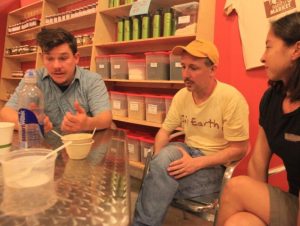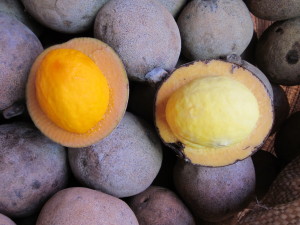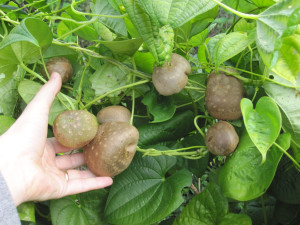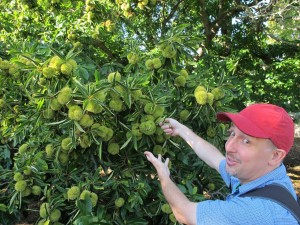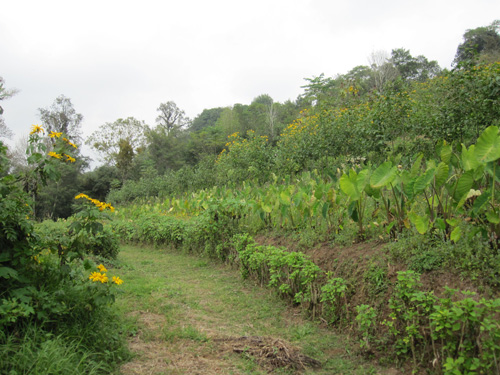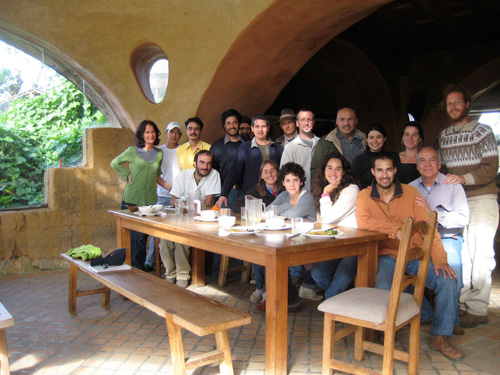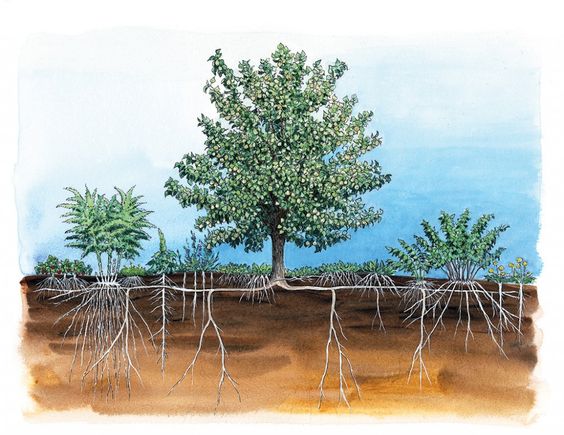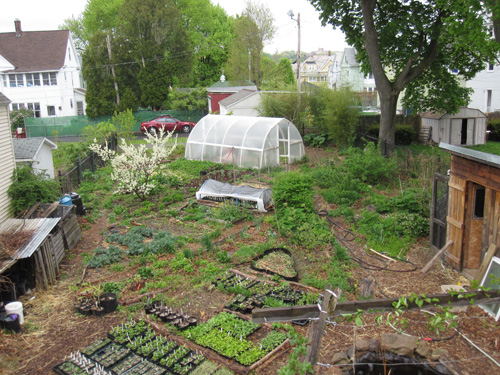Join author and educator Eric Toensmeier and friends for a hands-on and fun-filled weekend of Edible Forest Gardening (EFG) – gardens which mimic the structures and functions of natural ecosystems while producing food and other products, with an emphasis on low-maintenance perennial crops. Our learning and design exercises will be informed by our site, a homestead rich in gardens, young food forests and a plant nursery specializing in native and permaculture species regeneratively grown.
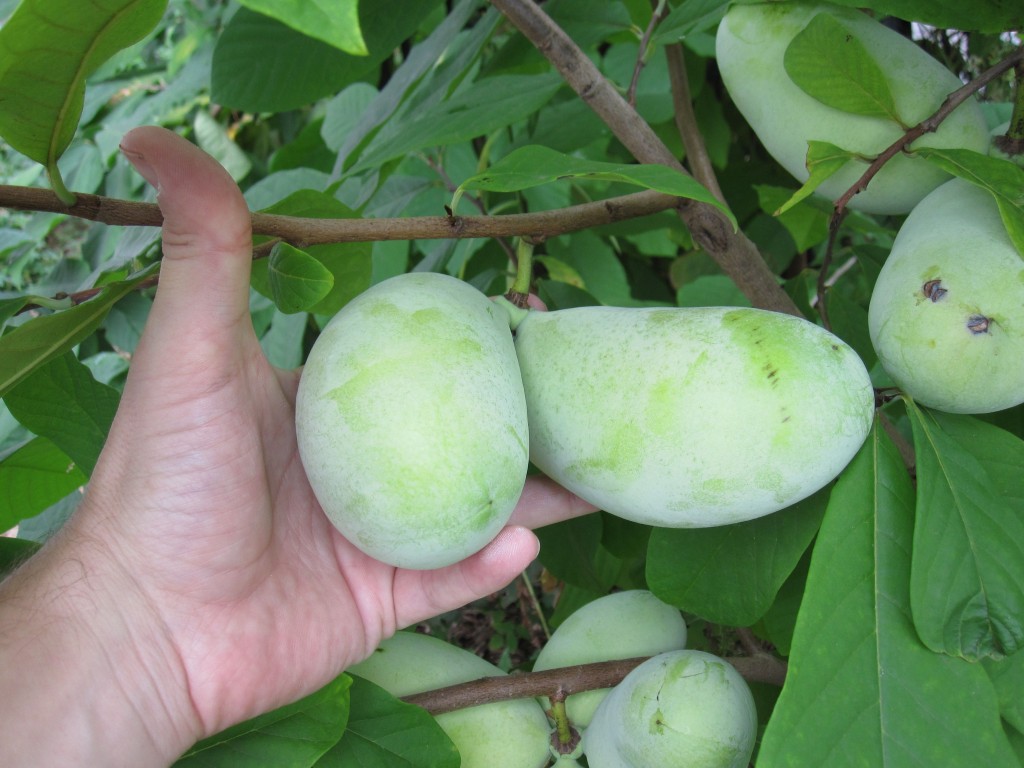
We’ll dive deeply into EFGs by designing and installing our own polycultures (which plants go together where?) under mature pawpaw trees while discussing specific plant species, useful natives for the Mid-Atlantic region, perennial vegetables, fruits and nuts, incorporating edible fungi, regenerative plant propagation, forest garden solutions for both sunny and low-light conditions, micro-livestock and integrated fertility. Price includes Friday evening through Sunday course, materials, local and organic fare – including some rare permaculture plants – and a “Biochar BBQ.”
This workshop will be hosted by Green Light Plants, in Landenberg, PA an awesome nursery emphasizing native edible plants, and featuring a great collection of pawpaw and groundnut varieties. If you register before August 7 you get a $50 discount.
REGISTRATION LIMITED • $50 EARLY BIRD SPECIAL
• Early Bird Special – $250
• Register by August 7
• Full Weekend, Regular Price – $300
• Register after August 7
• Camping Available
•
Workshop space is limited, so buy your ticket today.
For more information, contact Aaron Guman at gumanpermaculture@gmail.com or (610) 308 – 4138



